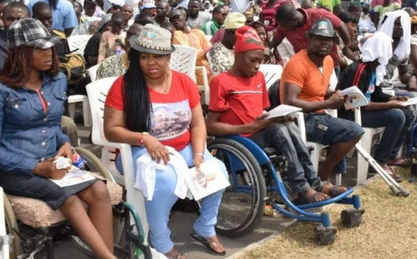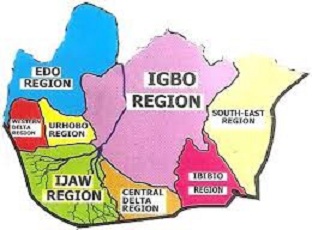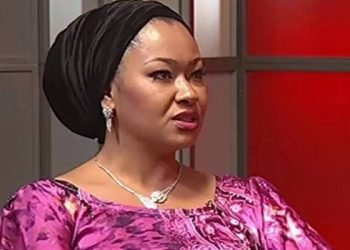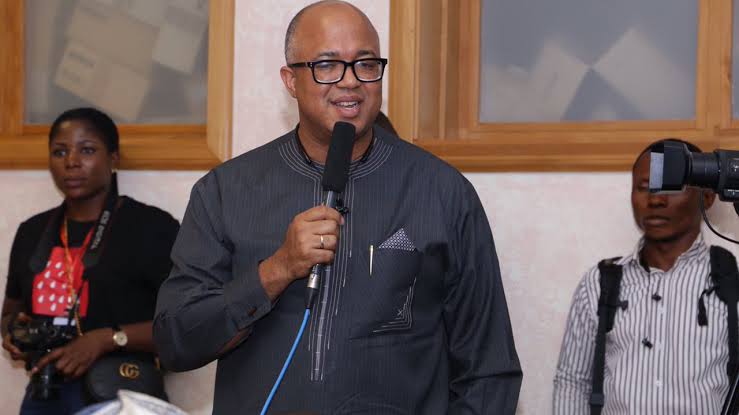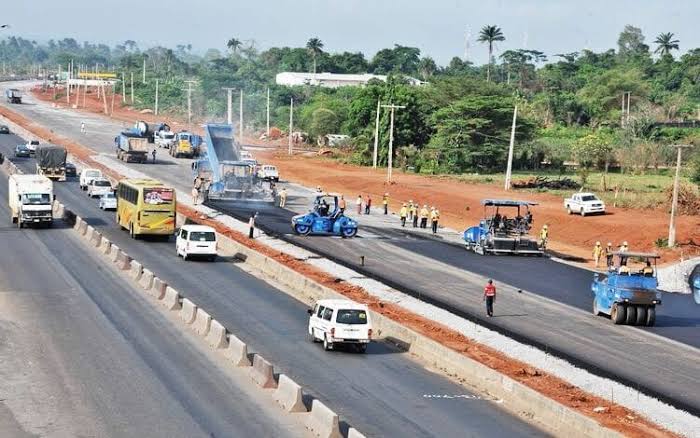*Fresh Hurdles For State, 2021 Budget As Stakeholders Kick
Indications, yesterday, emerged that the Federal Government will retain subsidy on Premium Motor Spirit (PMS) for the next six months, and the deferred removal may cost the country a whopping N720b.
The Guardian exclusively learnt that President Muhammadu Buhari ordered that petrol subsidy should remain in place for the next five to six months to enable government to carry out wide consultations before reaching a final decision on the issue.
Making the disclosure, a top government official that is familiar with the issue described the impending widespread discussion with stakeholders as a departure from previous practice, stressing that there will be no decision to remove the subsidy until the last quarter of the year.
“Specifically, President Buhari has asked the Nigeria National Petroleum Corporation (NNPC) to suspend any idea on subsidy removal for five to six months so that a plan that does not harm ordinary Nigerians is evolved, if the deregulation must go on,” the source explained.
The plan, which is being coordinated by the Vice President, has three legs — continuing consultation within the government at federal and state levels, labour and civil society; provision of alternative energy sources, especially gas and fast-tracking infrastructure for that across the country; and development of an effective relief and palliative options that must cushion the effect of subsidy removal if that choice becomes inevitable.
The top government official, who claimed that Buhari is concerned about how deregulation will impact the people, said: “If anyone tells you that there has been a firm resolution to fully deregulate and yank off the subsidy at this time, that would not be accurate.”
The Federal Government, last year, announced the removal of subsidy as crude oil price reached an all-time low, creating massive revenue depletion. While the country’s economy still remains fragile, suffering two recessions recently, and struggling to stay afloat from shocks occasioned by COVID-19, subsidy re-surfaced as increase in crude oil price sent the pump price of petrol to record high.
While pump price steadily rose, the face-off between labour and Federal Government kept the latter in a tight corner. The unions, which had earlier forced the government to reverse the pump price from N168 per litre last year to N162, returned to demand for the ‘head’ of the Minister of State for Petroleum Resources, Timipre Sylva and the Group Managing Director of NNPC, Mele Kyari, who earlier this year, stressed the need to increase the price to reflect market realities.
In a bid to manage the backlash, the Federal Government, since February, accepted a daily loss on the 60 million litres of the product, which the country consumes daily.
Speaking last month at the fifth edition of the special ministerial briefings coordinated by the presidential communications team, Kyari said while the actual cost of importation and handling charges of petrol amounts to N234 per litre, the government was selling the product at N162 per litre. That development, according to him, costs the country about N120b monthly.
Given the current development, the Federal Government would spend as much as N720b in the next six months to retain the current pump price. This situation will further limit allocation into the Federation Account, and thereby, cripple revenue accruing to the 36 states from the oil and gas sector, which accounts for the country’s major revenue source.
While the state and federal governments are currently under heavy debt and struggle to pay workers salary, the prevailing situation, according to some experts, will endanger the implementation of the 2021 budget.
READ ALSO: NNPC Reiterates Commitment To Renewable Energy Project
The former president of the Nigerian Association for Energy Economists (NAEE), Prof. Wunmi Iledare, noted that buying time for consultation would not achieve tangible results without an amendment to the Petroleum Act.
According to him: “It is only but for a time in a season unless the deregulation envisaged in the 2020 PIB is scuttled.”
To him, the country would be better off subsiding education instead of using COVID-19 to provide a plausible excuse to avoid doing the needful.
Associate Director at PwC Nigeria, Habeeb Jaiyeola, insisted that there had been several consultations, negotiations and town hall meetings in the past, all of which pointed to the need for deregulation of the sector.
“A six months period to retain petroleum subsidy may still result in the same conclusion at the end of the period. While continuous consultations remain a welcomed idea, decisions made should be implemented and adhered to so as to ensure that the value of such decisions are reflected in the long term,” he said.
Given that petroleum subsidy was not included in the 2021 national budget, Jaiyeola noted that a clear analysis has to be done to estimate the impact of the prevailing decision on the ability of the government to meet budgeted expenses and expenditures as government revenues would be negatively impacted for the six months period.
“A progressive approach needs to be taken — back-tracking on decisions can only lead to setbacks in seeing the impact of these decisions. Apart from the dialogue and discussions, the period should also be invested in efforts on appropriate sensitisation, accurate and transparent product price determination that will aid improved confidence in the system,” he stated.
Jaiyeola said the lack of decision making would negatively impact on investors’ confidence, adding that as the country looks forward to the coming on stream of government and private sector refineries, there is an urgent need to ensure an enabling environment that will support profitability and growth of the refineries.
The Guardian



